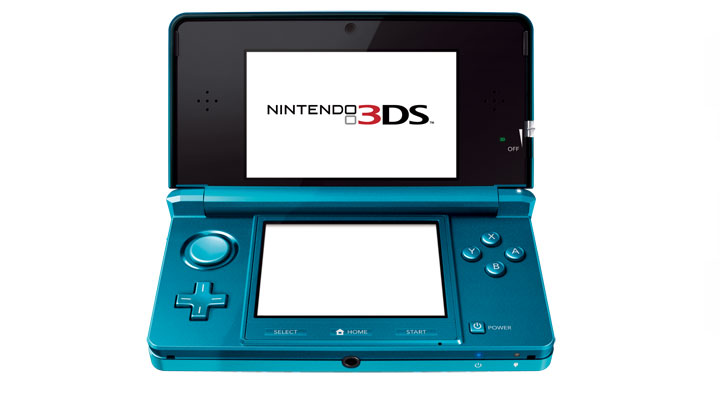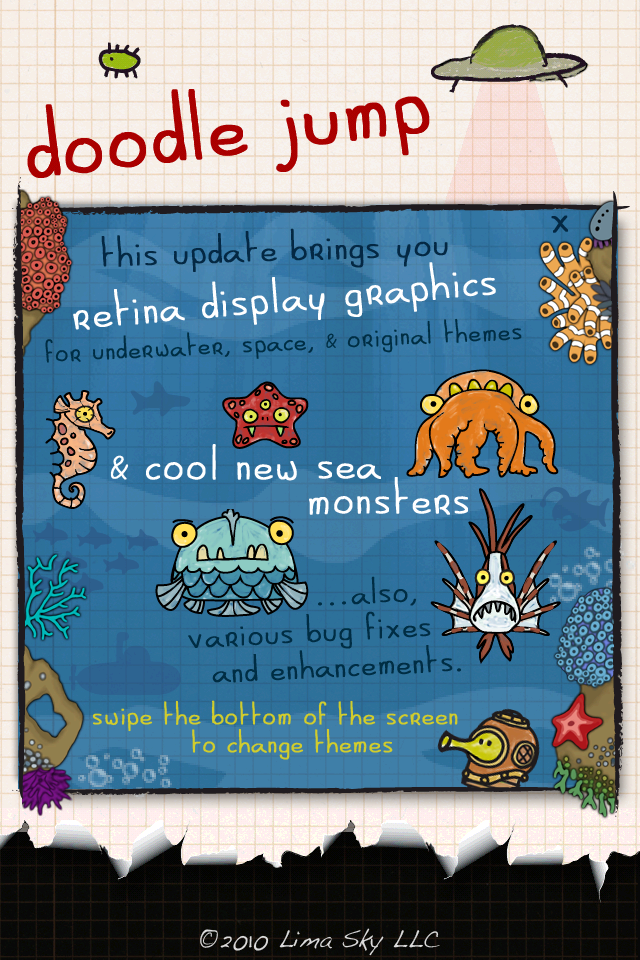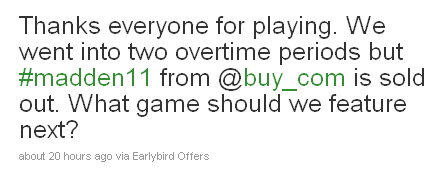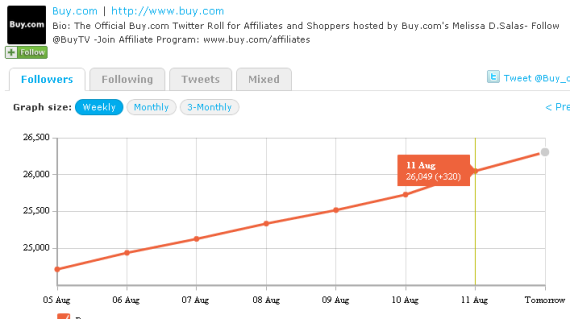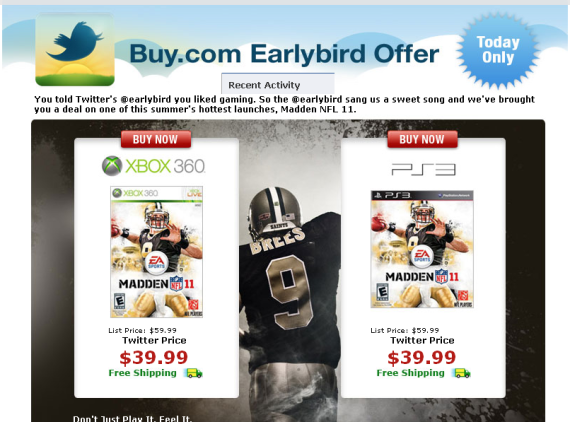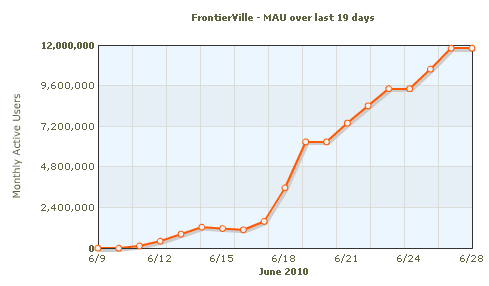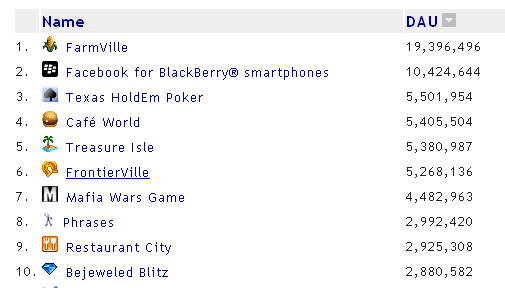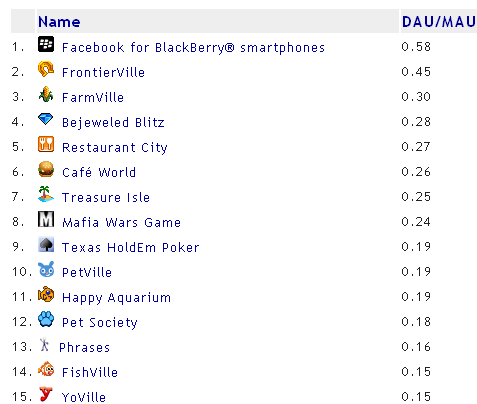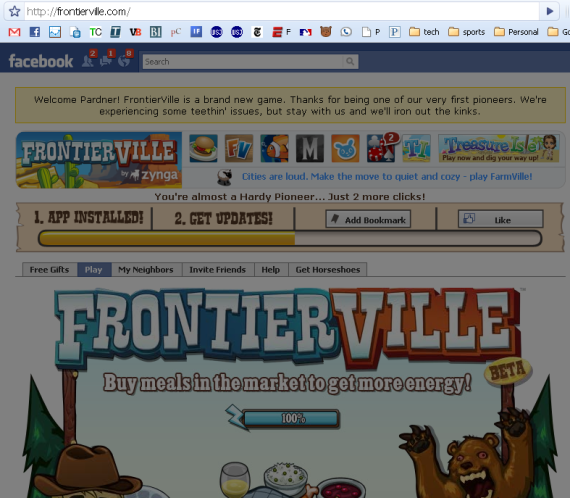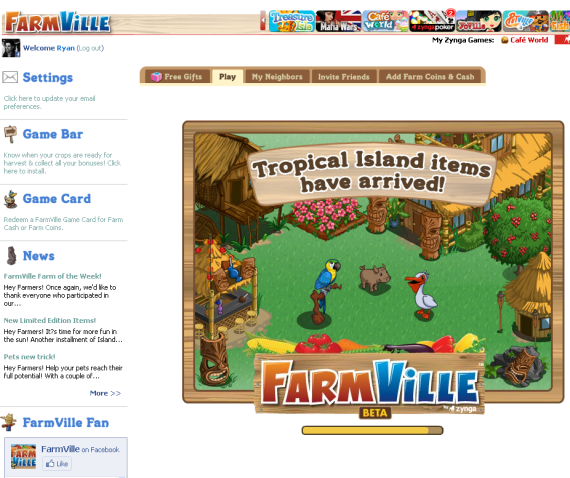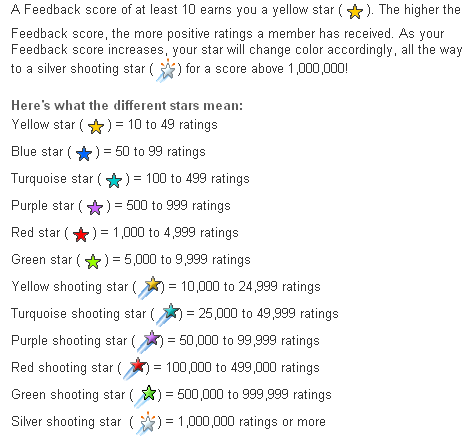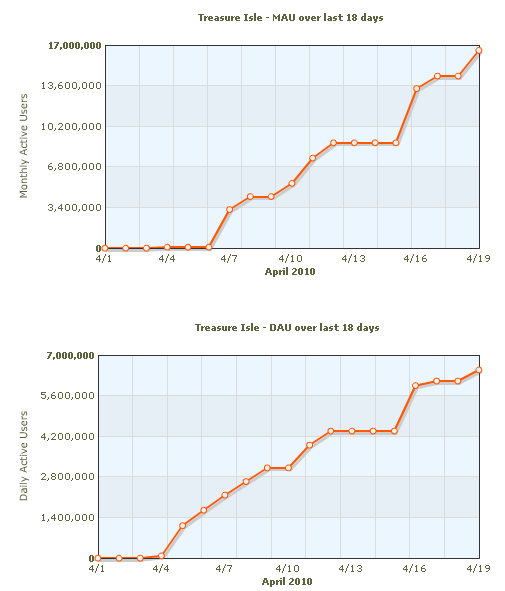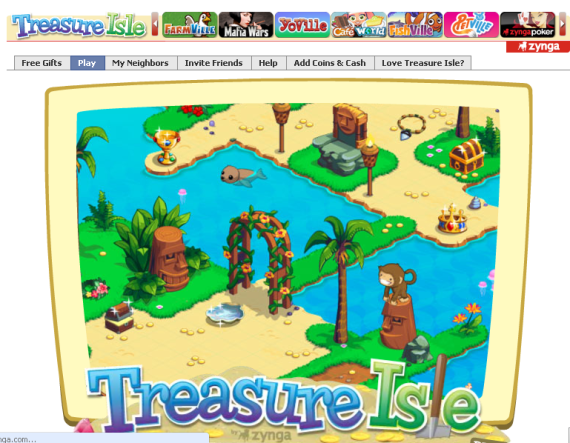Two years ago, I wrote about the looming death of portable gaming devices... seems like it happened sooner than we thought. Yesterday, the Wall Street Journal covered Nintendo's revamped 3DS handeld gaming device - which Nintendo is hoping will revive their declining gaming platform and business:
"The Japanese company also reported its first interim net loss in seven years, hurt by weakening overseas sales and the strength of the yen. First-half revenue fell 34% to 363.16 billion yen ($4.44 billion) from a year ago."
While the Nintendo 3DS may be a great device (to be determined).... the fact of the matter is that improved hardware won't solve Nintendo's problem. Asking consumers to buy a handheld device, carry that device, and individually buy game titles (at $29 / disc) is unreasonable.
Consumers already carry iPhone's, iPod Touches, and Android Devices - and those platforms now have large libraries of gaming content. The games are far cheaper (free to $9.99) and wildly popular: 14/15 top grossing iPhone apps are games.
We have learned that with Apple and Android - and to a lesser degree Znyga, LOLapps, etc - consumers value gameplay and social more than game graphics and flashiness.
